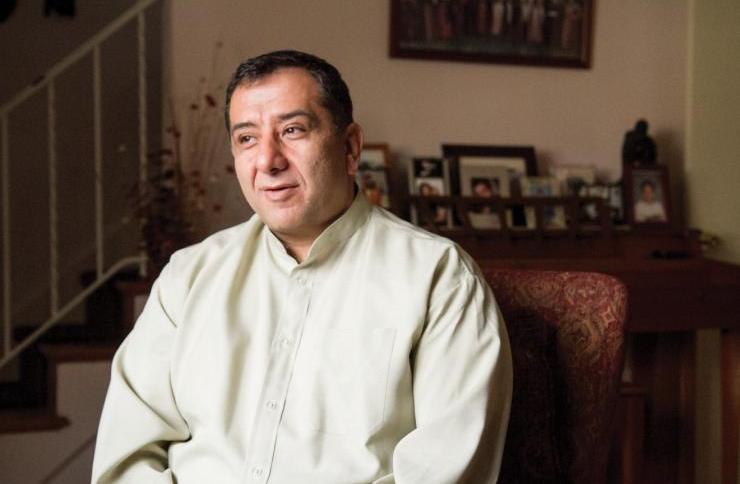Mohammed Abu-Numer. Building Peace.

A Palestinian transplanted to the United States committed to peace and dialogue, and founder of the Salam Institute, he is the winner of the 2024 Niwano Prize, the “Nobel of Religions”.
A professor in International Peace and Conflict Resolution at the American University in Washington, Mohammed Abu-Numer stood out for his “contribution to the cause of peace”. This is the reason why he was awarded the 2024 Niwano Prize by the Japanese Foundation.
In the statement the Niwano Foundation states: “What is most impressive about his work is his holistic contribution to the cause of peace,” it read, noting that his contribution “integrates education with conflict resolution and peacebuilding activities, particularly through his profound understanding of forgiveness and reconciliation in Islam and applying it effectively in practice.”
Abu-Nimer’s commitment, moreover, is a commitment that has been carried out for many years and relaunched in recent months, after the Hamas attack that triggered Israel’s war in Gaza. His life has always been spent for peace and interreligious dialogue, both as a scholar and as an active and committed person in the field.
The choice of the Award also demonstrates the importance of maintaining vigilant attention towards an area such as the Holy Land which is still today the scene of clashes and violence of a confessional, political and social nature. In the motivation, the promoters underline the educational work promoted by Abu-Nimer, in an attempt to resolve conflicts and encourage activities aimed at “building peace through the profound understanding of forgiveness and reconciliation in Islam”.
His contribution is not only theoretical but is applied effectively in practice and which has greater significance today “in light of the ongoing conflict” in its lands of origin, where “one of the most devastating wars” in the world is taking place.
Abu-Nimer, who currently teaches at the American University in Washington, is also the founder of the “Salam Institute for Peace and Justice”, which has always directed attention towards the “differences” between Islamic and non-Islamic communities, initiating projects that embrace different cultures and faiths intending to build peace and sustainable development, particularly in Muslim-majority nations.
Originally from a village in the North of Galilee, at the age of twenty, he took part in a training course on dialogue which marked his life and professional path and led him to engage personally in meetings and discussions between Muslims and Jews, between Israelis and Palestinians, paying particular attention to the areas of greatest
conflict and tension.
Since the 1990s he has also explored the critical issues between Catholics and Protestants in Northern Ireland, relations between Buddhists and Hindus in Sri Lanka, Islamic-Christian relations in the Philippines, in the Balkans and various African countries. He was also among the first to organize projects in Saudi Arabia and to work in several Arab countries.
The Niwano Peace Prize, named in honour of Foundation founder Nikkyo Niwano, aims to recognize and encourage those who significantly contribute to inter-religious cooperation, fostering global peace. Nikkyo Niwano envisioned peace not only as the absence of conflict among nations but as a dynamic harmony within individuals and communities. (Photo:Kara Lofton)
Dario Salvi/MM



